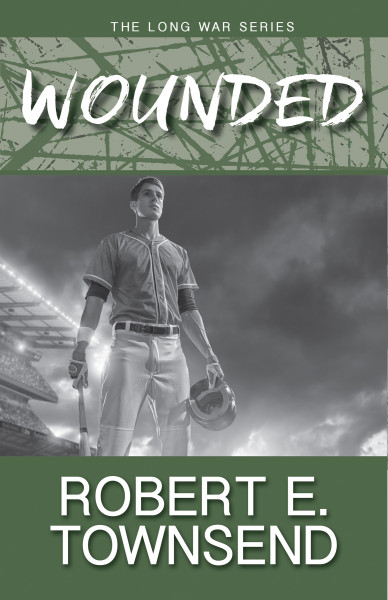Sergei has sent me the first chapters of his Russian translation of Spirit Falls (Дух в Водопаде? Те, кторые говорят по русски, предлогайте еще название книги), which I have postedhere.
He is concerned whether his translation captures the novel’s spirit. For those who have yet to read Spirit Falls, it is set in a multi-lingual milieu in which 2nd generation immigrant children in the process of becoming young people puzzle out meaning without a polyglot dictionary but with stories they hear or themselves create.
For solace, I point Sergei to Vladimir Nabokov who skewered Constance Garnett[1] for her translation of Tolstoi’s War and Peace[2]. David Remnick writing in The New Yorker quotes Vladimir Nabokov referring to her writing as “dry shit,” and repeats accusations that she skipped words she didn’t know. I can only say, “Vladimir, you’re such a hot s##t translator, translate it yourself. And furthermore, your translation of Eugene Onegin is wet s##t. There. Take that!”
Sergei’s translation is magical. It is as if I am seeing myself askew, permitted to see my world through Russian eyes, rendering worthwhile the suffering it took to learn Russian in Madison, Wisconsin 1965-1969.
I am searching for a German translator. I do not read and speak German as well as I do Russian. German newspapers are okay; Henrich Boll’s short stories about WWII read easily enough; Gunter Grass makes my teeth ache.
To solace Sergei further, I direct him to my Amazon book reviews where, Ах, Боже мой! I too am not universally acclaimed. Imagine. However, one wants, needs, seeks the critique. One looks through verbal arm waving for the essential errors: 1) point of view shifts without warning (Okay), 2) misplaced punctuation (that is an icicle through the heart) and 3) the story only appears in the last 20% of the novel (Let me think about that).
[1] Constance Garnett is the woman who single-handedly translated almost all of the Russian classics into English for the first time who is now accused of sacrificing too much both factually and stylistically in order to make the books accessible. Vladimir Nabokov is not the final word. “I love Constance Garnett. She’s a brilliant woman. Once in a while she would make a mistake when she translated idiom, but she had a fantastic sense of language, of the period, of class consciousness. I teach her Brothers Karamazov.”—Vladimir Golstein, Associate Professor of Slavic Languages, Brown University. Go here for a good discussion of the world to Russian to English Translations.
[2] Tolstoy, Leo; Pevear,Richard; Volokhonsky,Larissa, 2007, 1273, Alfred A. Knopf, New York, 1 I was first introduced to War and Peace in my 18th year as a Russian language learning text, an English translation by Constance Garnett, which I still have. For my January 2011 Dubai trip, I downloaded to Kindle the Louise and Aylmer Maude translation. Returning home, I checked out the recent Pevear and Volokhonskij (P&V) translation. It was revelatory. Reading the P&V translation is like reading Tolstoy in Russian, only in an English.






